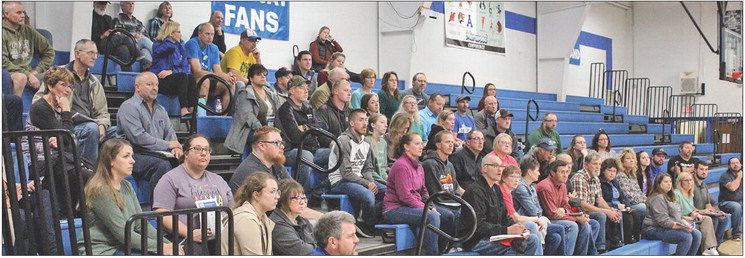Concerned people show up


Athens School District residents want to make sure their schools remain financially stable without a large hit to their pocketbooks
Athens School...


Athens School District residents want to make sure their schools remain financially stable without a large hit to their pocketbooks
Athens School...